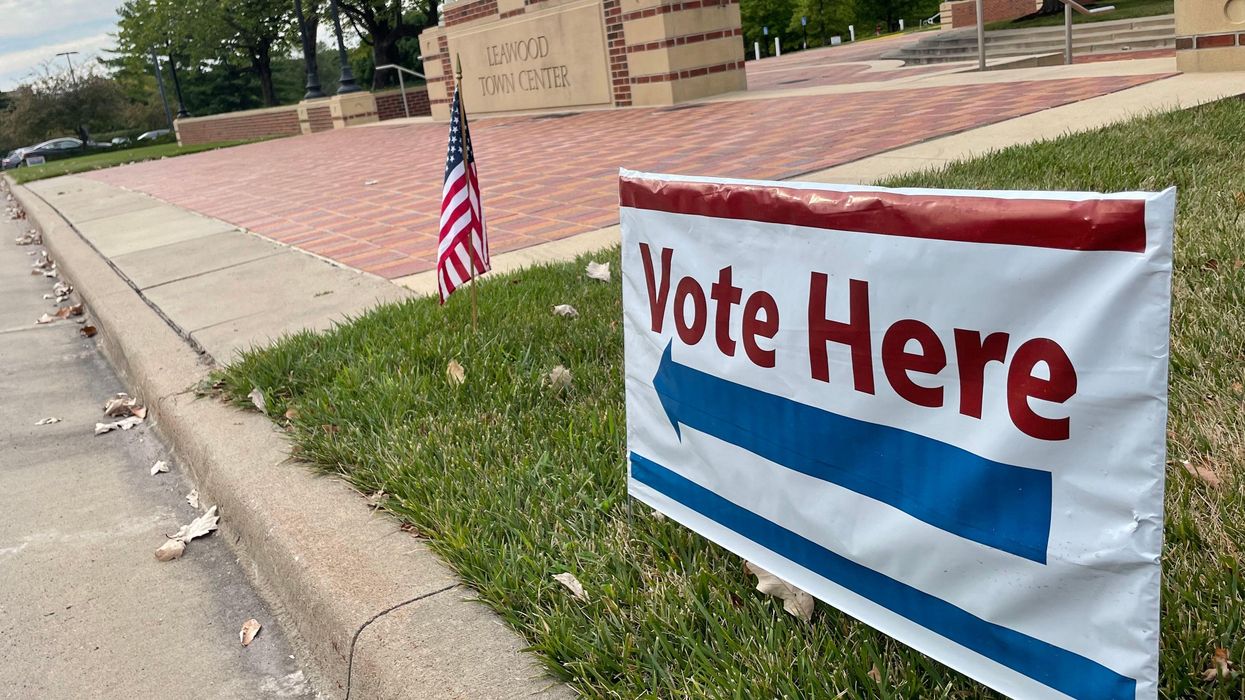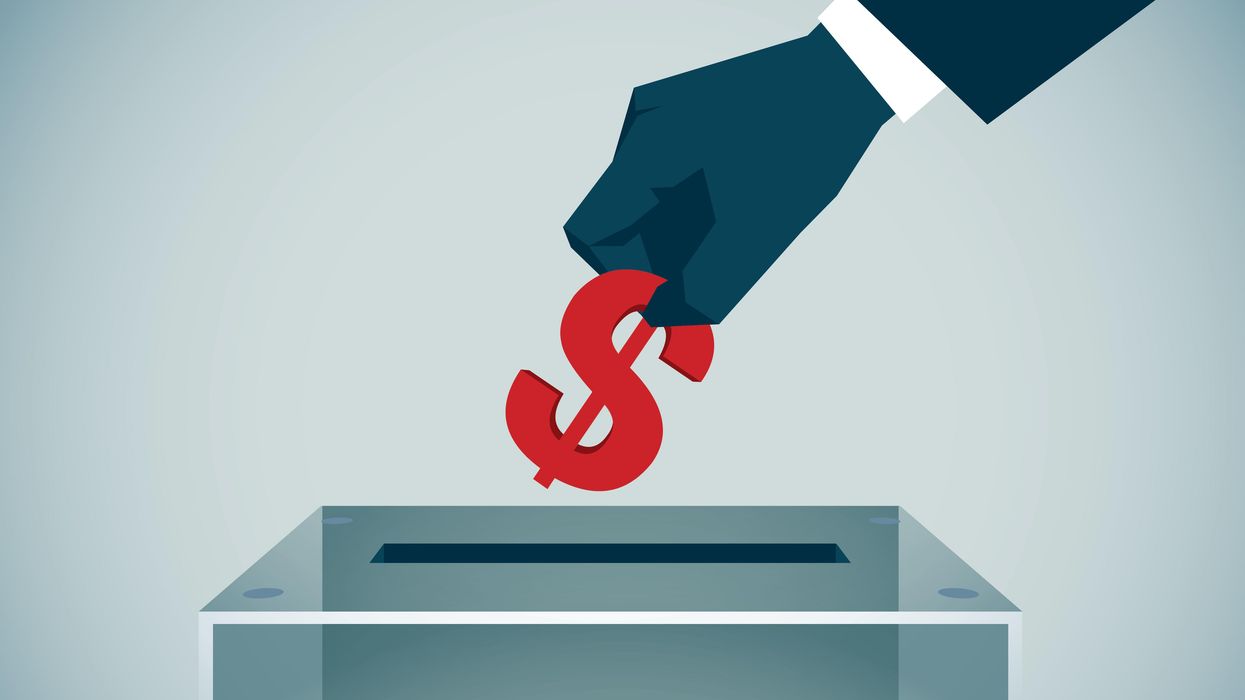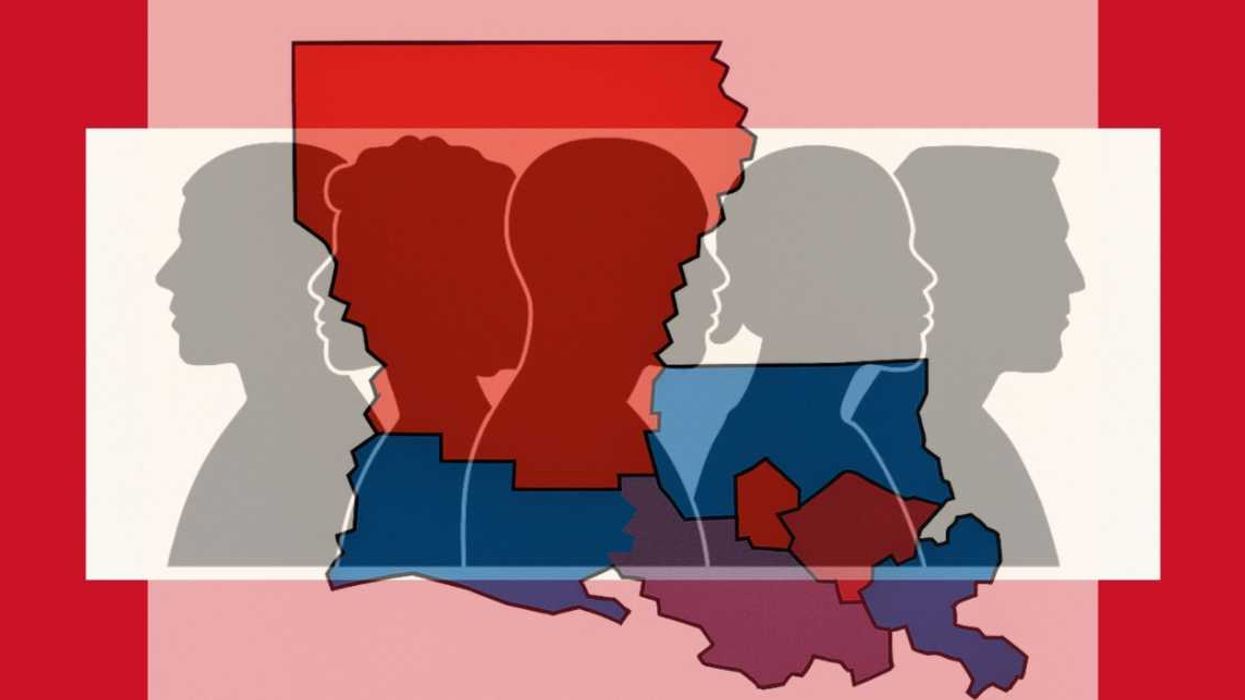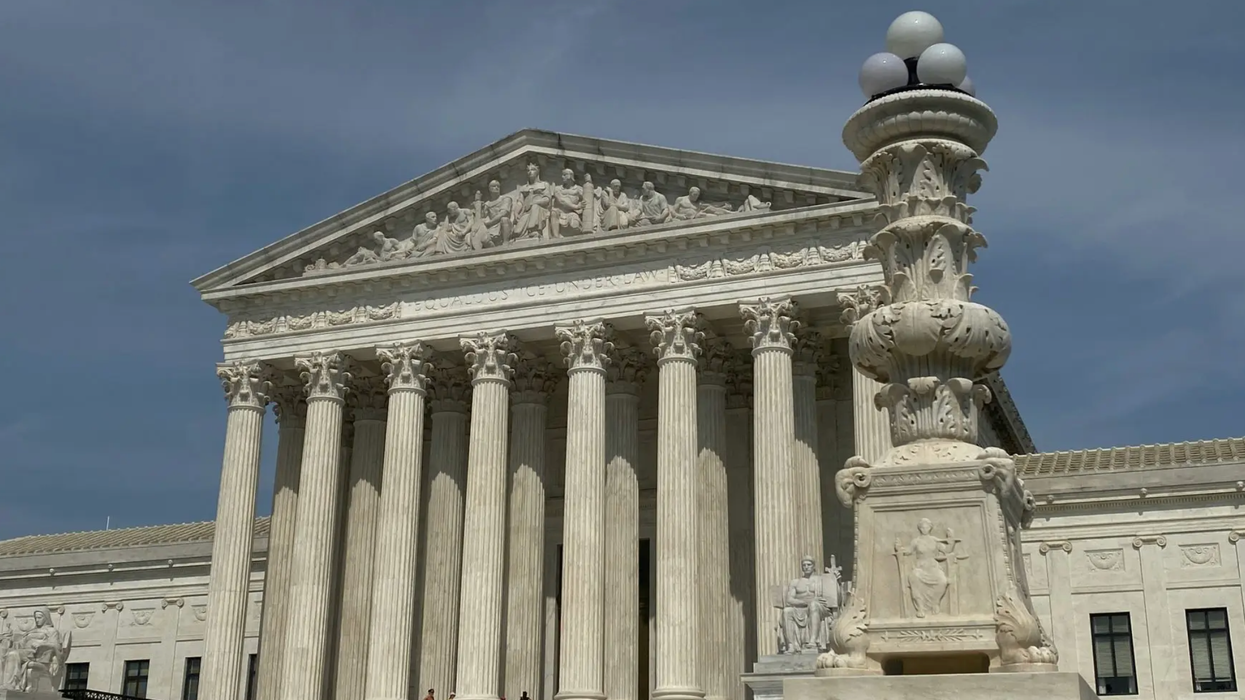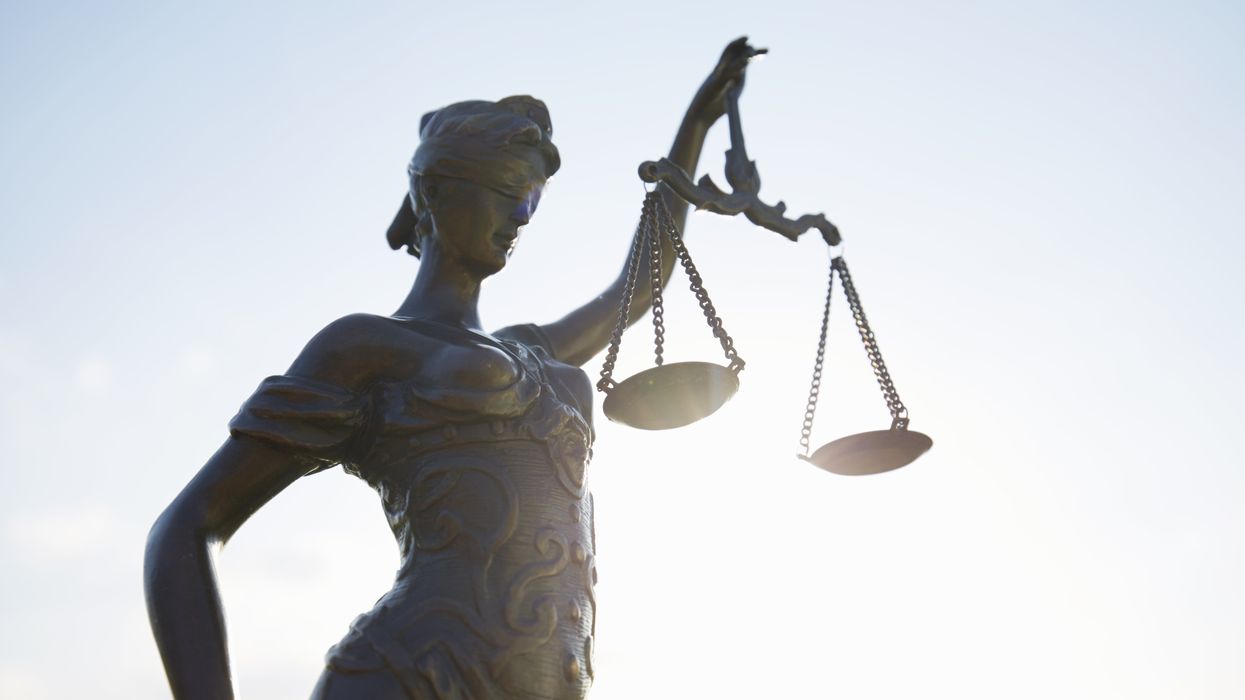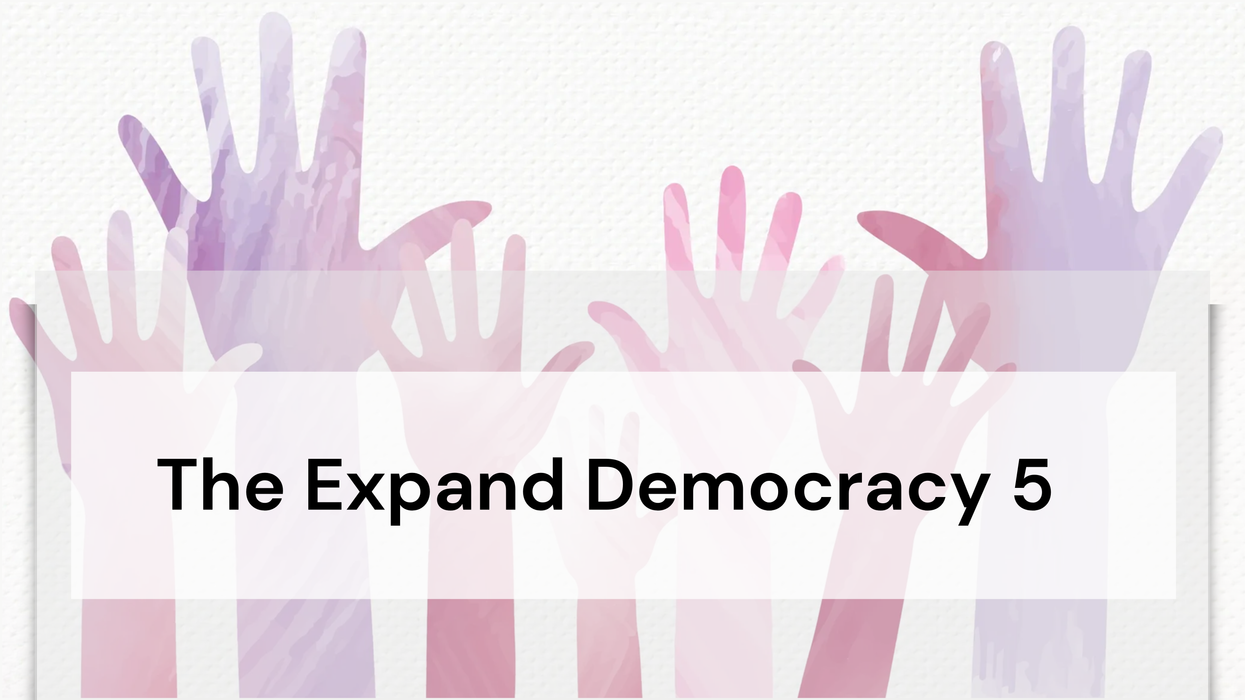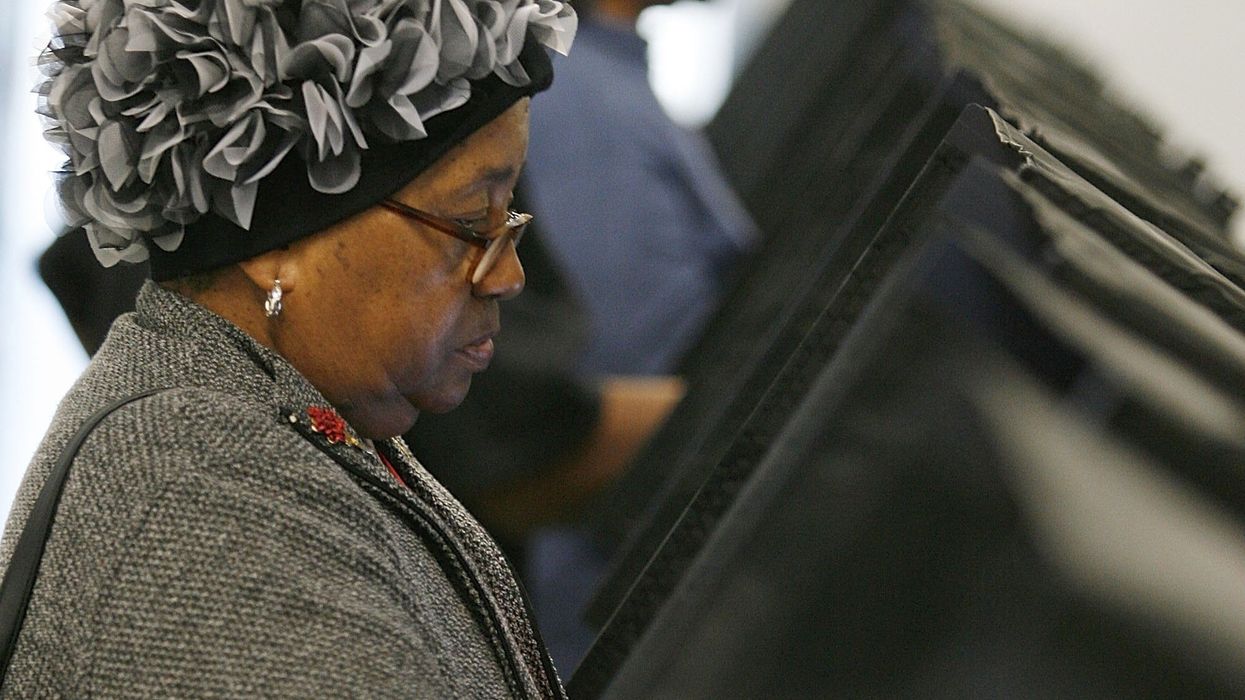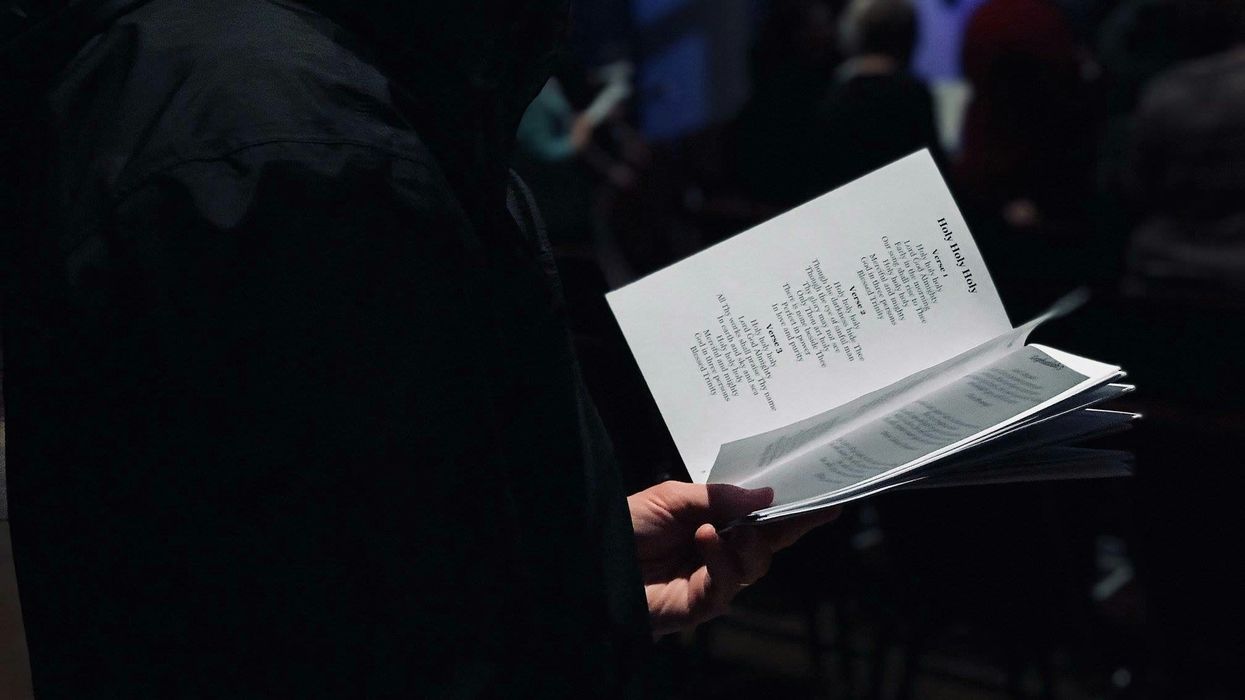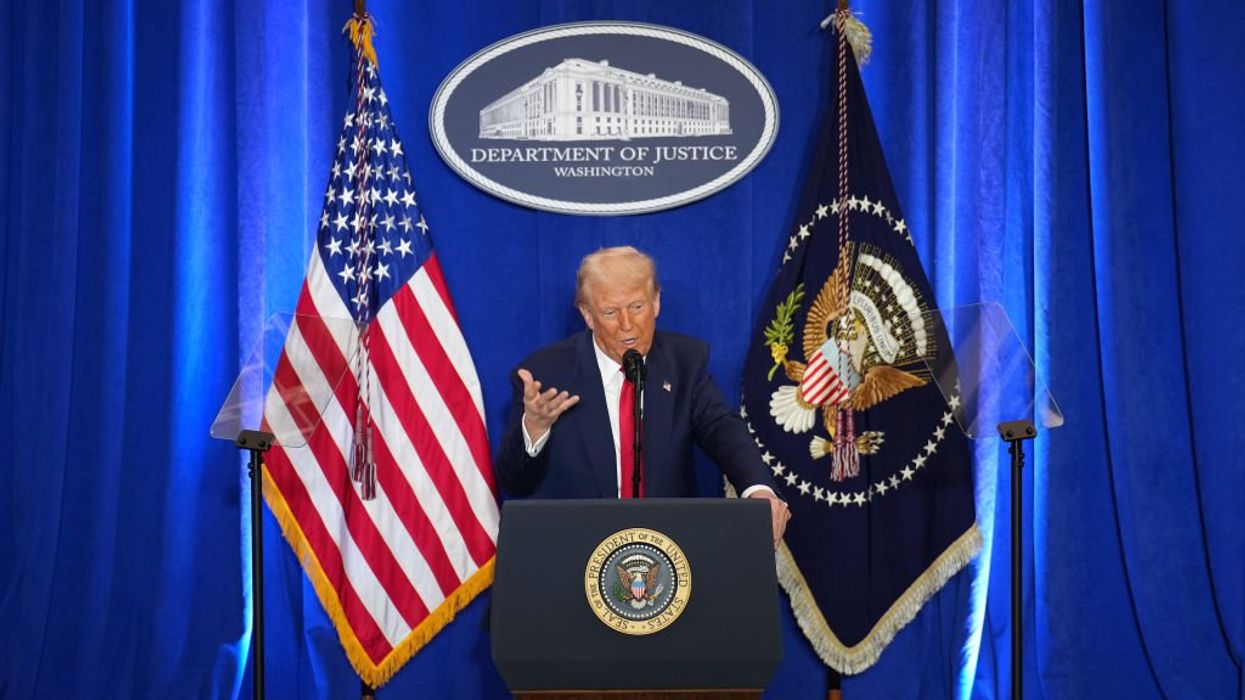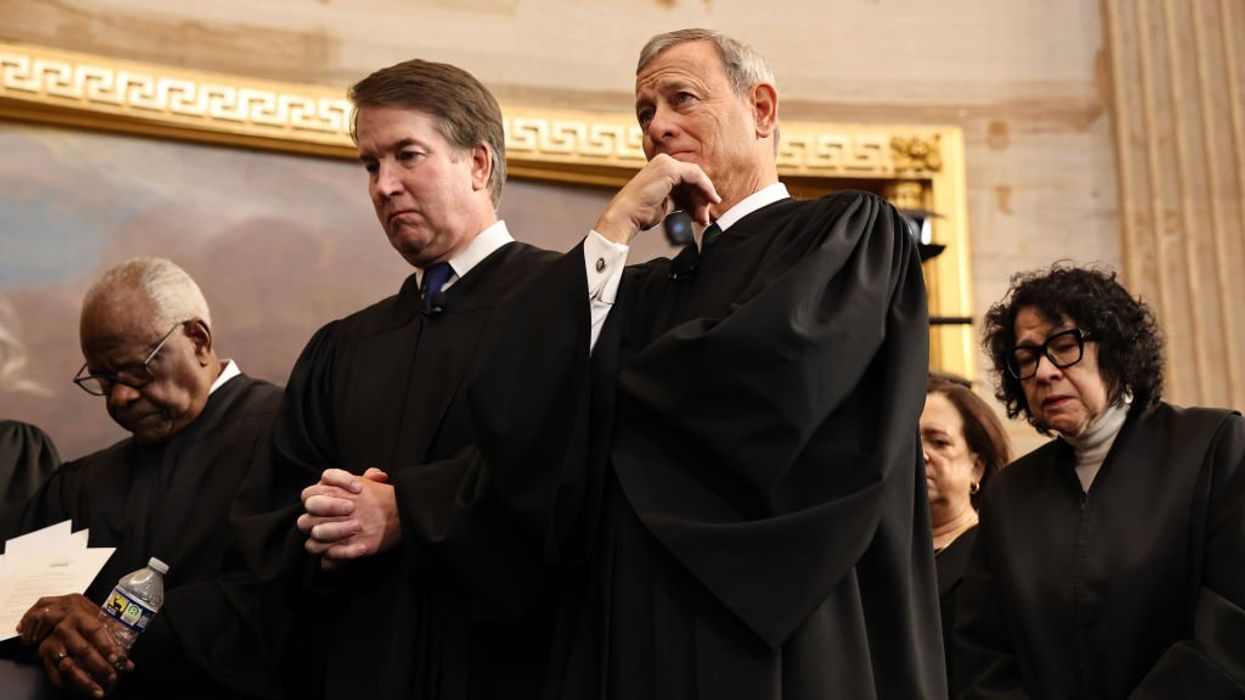Site Navigation
Search
Latest Stories
Join a growing community committed to civic renewal.
Subscribe to The Fulcrum and be part of the conversation.
supreme court
Rule of Law
Trump’s Tariffs Are Unlawful: How the “Nondelegation Doctrine” Limits Congress
16 July 2025
Recent
Rule of Law
Supreme Court Blocks Universal Injunctions: Major Shift in Executive Power Limits
Jul 09, 2025
load more stories
Join a growing community committed to civic renewal.
Subscribe to The Fulcrum and be part of the conversation.

